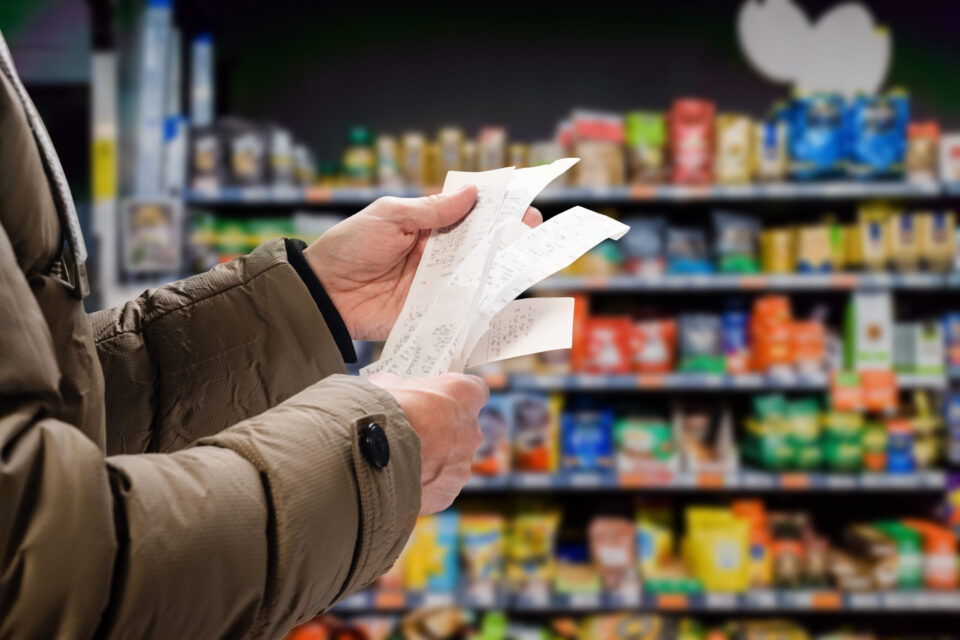What is Inflation?
Inflation is a general increase in the prices of goods and services in an economy. When the general price level rises, each unit of currency buys fewer goods and services; consequently, inflation corresponds to a reduction in the purchasing power of money. It is measured as a percentage. This percentage indicates the increase or decrease from the previous period. It can be a cause of concern as the value of money keeps decreasing as the inflation rises.
Inflation can either be Demand-Pull, Cost-Push or Built-in.
- Demand-Pull Inflation:
It occurs when the demand for certain goods or services is higher when compared to its production capacity. This difference between the demand and supply shortage results in the price appreciation.
- Cost-Push Inflation:
It occurs when the cost of production increases. Increase in the prices of the inputs (labor cost, raw materials etc.) result in increasing the price of the product.
- Built-in Inflation:
Expectation of future inflations result in Built-in inflation. A rise in prices results in higher wages to afford the increased cost of living. Therefore, high wages result in increased cost of production which in turn has an impact on product pricing and so the circle continues.
Economic crises in Pakistan 2022
Data from Pakistan’s Bureau of Statistics (PBS) shows that the inflation in Pakistan in June 2022 increased to 21.32% resulting as the highest in the last 13 years.
The rise of inflation and economic crises in Pakistan is resulting in a higher rate of poverty and unemployment, heavy external and domestic indebtedness, high fiscal deficit and low investment. The economic conditions of Pakistan are deteriorating by the day. Rising commodity prices and a large fiscal deficit have inflated the import bill, putting the country on the verge of a balance of payments crisis. The Pakistani currency has sunk to an all-time low while international reserves have reduced to barely two months import cover.
With the higher rate of inflation in the country and the soaring prices of goods, it has become impossible for the masses to fulfil their economic needs. The prices of edibles and food grains have reached the highest and it is not possible for a poor man to bring home enough food for his family. The wages for the daily wagers have dropped down. The prices of vehicles have faced an all-time hike. This inflation is not only causing the masses a huge trouble but the nation has been started facing a higher debt crisis.
How to prevent Inflation?
- Monetary Policy:
To prevent inflation, the primary strategy would be to change the monetary policy by adjusting the interest rates. Higher interest rates reduce the demand and help bring inflation under control.
- Tight Fiscal Policy:
Inflation can be prevented by controlling the money supply. Higher income tax rate can reduce the spending and hence would result in lesser demand and inflationary pressures. Introducing policies to increase the efficiency and competitiveness of the economy helps in reducing the long term costs.
- Supply side Policies:
These aim to increase long term competitiveness; for example, privatization and deregulation may help reduce costs of business, leading to lower inflation.

